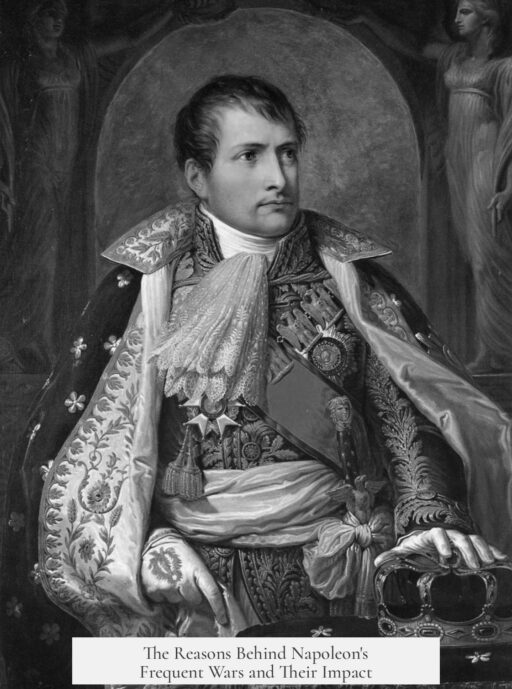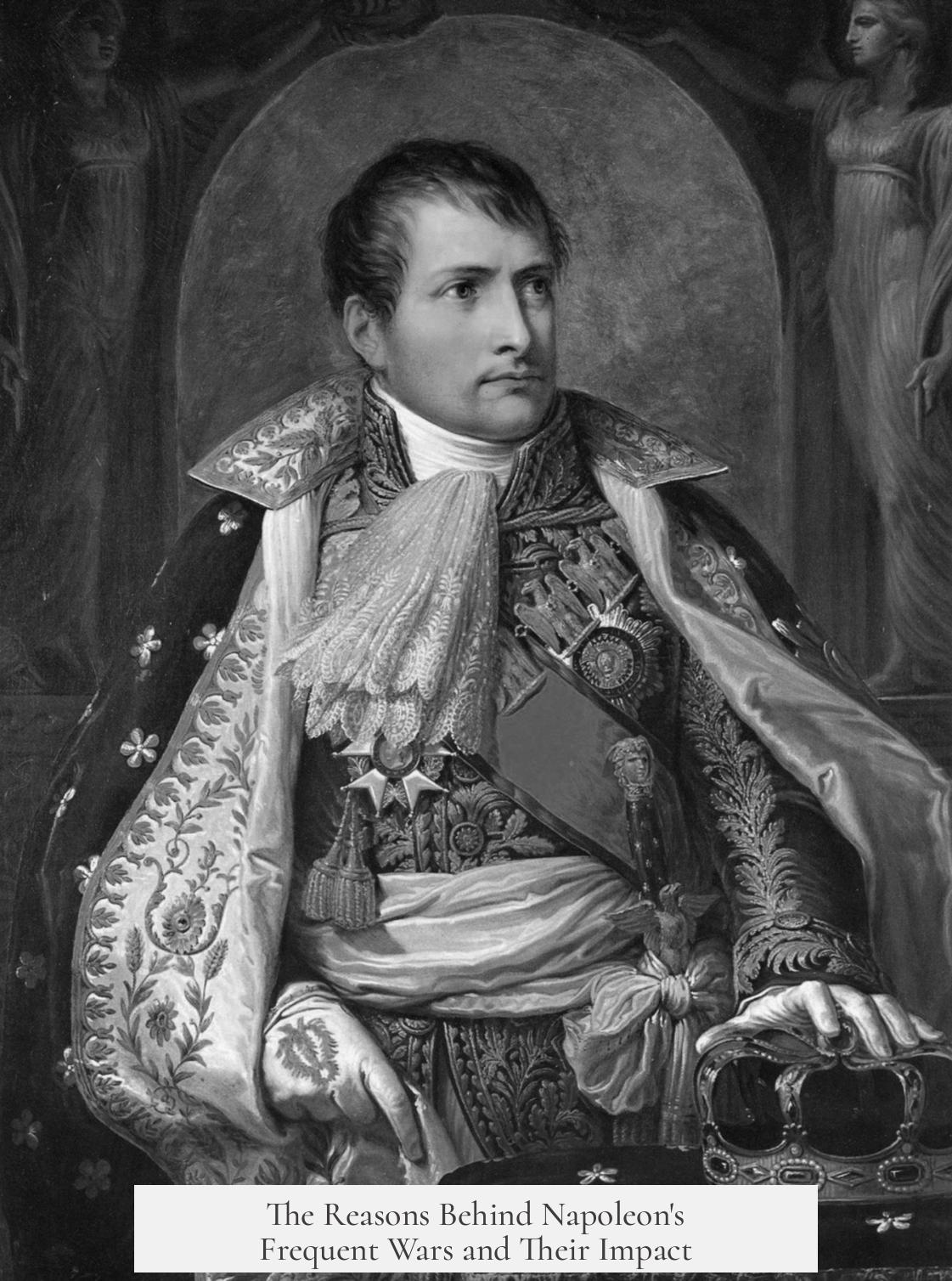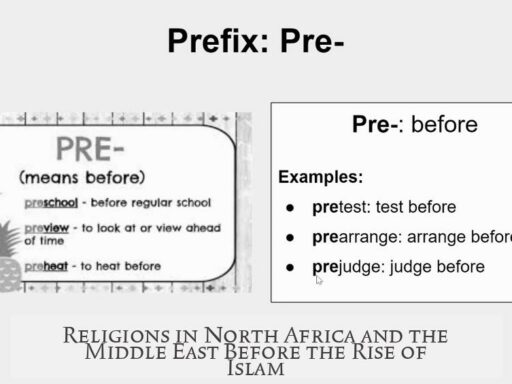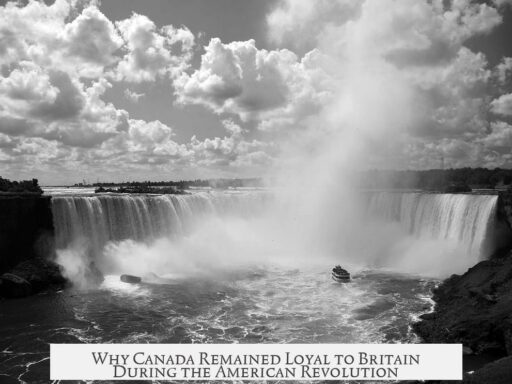Napoleon engaged in numerous wars primarily due to a complex mix of defensive necessities, strategic ambitions, and reactions from other European powers. Initially, his campaigns were defensive, responding to threats and ongoing conflicts rather than aggressive expansion. Over time, shifting alliances, British opposition, and his own policies escalated the scale and frequency of conflicts.
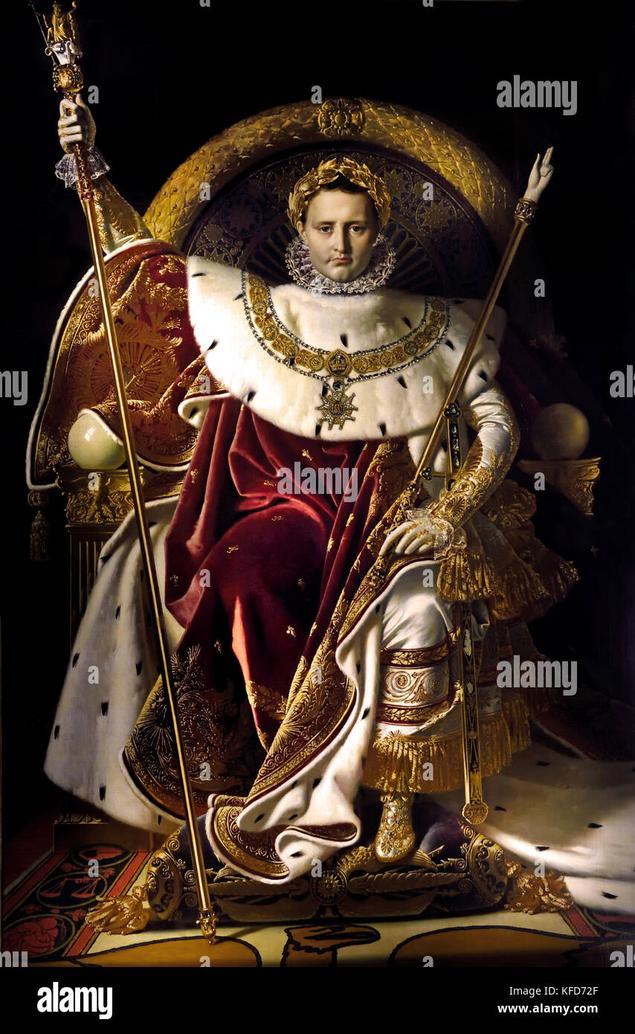
When Napoleon seized power in 1799 through the Brumaire coup, France was already embroiled in war. His early campaigns from 1800 to 1807 were largely about stabilizing France and defending its interests. For example, the victory at Marengo (1800) forced Austria to seek peace. During this period, Napoleon attempted to secure peace, exemplified by the Peace of Amiens between 1802 and 1803, which momentarily halted hostilities. This peace was the longest under his reign and somewhat earned him the reputation of a peacemaker at the time.
The Peace of Amiens collapsed in 1803 when Britain broke the treaty, initiating hostilities with France by seizing French and Dutch merchant ships. Britain then orchestrated coalitions of European powers to counter Napoleon’s influence. These coalitions were motivated not just by fear of a new emperor but also by economic disruption caused by Napoleon’s Continental Blockade, which severely damaged British and allied economies.
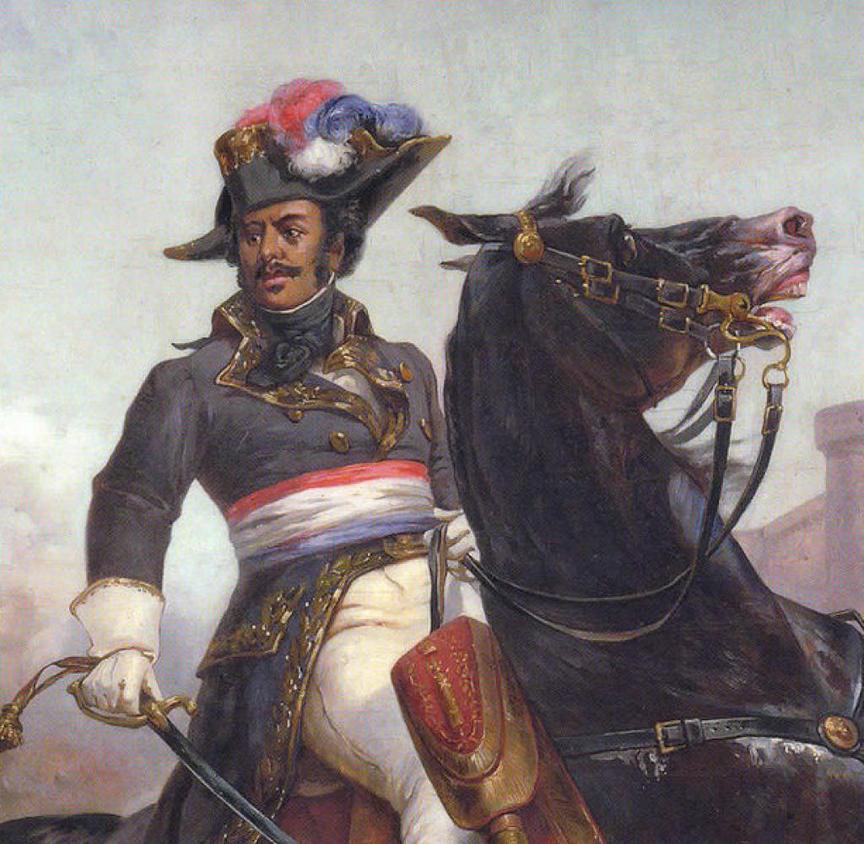
From 1805, major coalitions involving Austria, Russia, Prussia, and Britain formed to oppose France. Britain provided financial support to these alliances, influencing their movements and encouraging their opposition against French dominance. Napoleon’s 1805 victory at Austerlitz against the Third Coalition showcased his strategic military leadership. However, the coalition wars continued, with Prussia entering the conflict in 1806 and suffering defeat at Iena-Auerstadt.
A notable shift toward offensive aggression occurred in 1808 when Napoleon declared war on Spain. He replaced the Spanish royal family with his brother Joseph, a move often viewed as unjustified aggression. This decision sparked the Peninsular War, which drained French resources and troops. Spain turned into a prolonged guerrilla conflict, significantly weakening Napoleon’s forces and contributing to his decline.
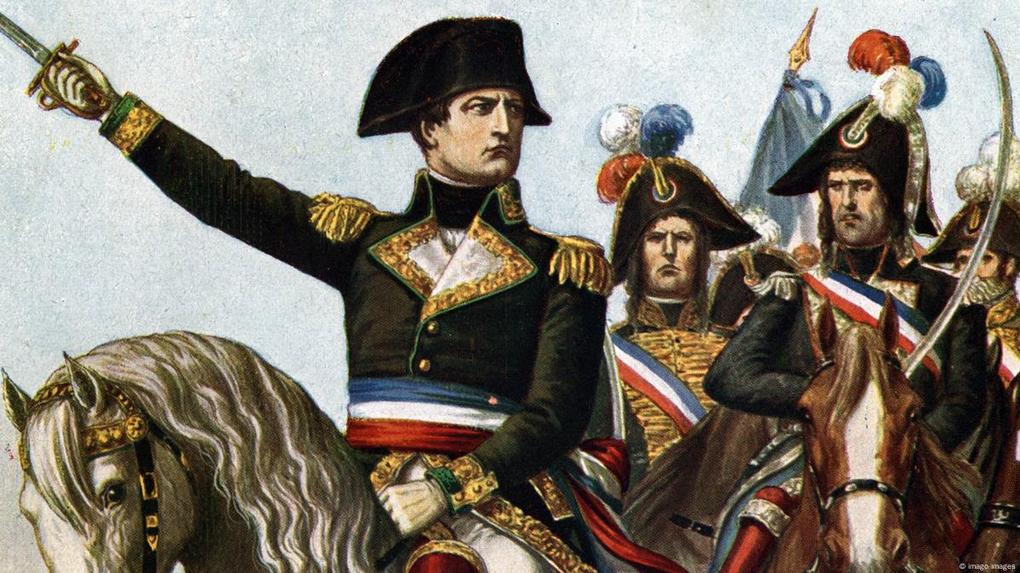
The war with Russia in 1812 marked another turning point. Deteriorating relations culminated in Napoleon initiating war, while Russia gained British support. The campaign ended disastrously for France, with the Grande Armée suffering severe losses during the retreat. This failure emboldened the Sixth Coalition and led to renewed warfare from 1813 to 1814. During these years, Napoleon mostly fought defensively but still resisted diplomatic solutions, hoping to change his fortunes on the battlefield.
International opposition to Napoleon had multiple motivations:
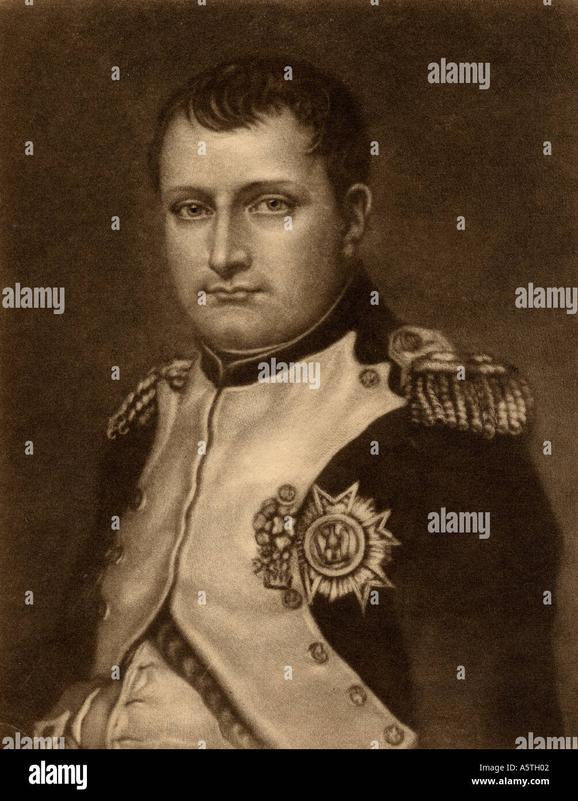
- Desire for revenge after defeats and occupations by French forces.
- Rising nationalism and anti-French movements, especially in Germany and Spain.
- Efforts to regain lost territories, particularly by Austria.
- Economic damage from Napoleon’s Continental Blockade and Imperial policies.
- British financial support for coalitions against France.
- Monarchies’ fear of his unprecedented self-coronation as emperor, threatening their traditional rule.
- Britain’s concern over France’s control of the Low Countries, which posed a military threat to the British Isles.
Napoleon’s last attempt to regain power occurred during the Hundred Days in 1815. Despite his assurances of peace, the Allied powers had already decided to remove him definitively, fearing renewed conflict. This resulted in his final defeat and exile.
| Period | Nature of War | Key Events | Opponents |
|---|---|---|---|
| 1799–1807 | Defensive, stabilizing France | Victory at Marengo, Peace of Amiens | Austria, Britain |
| 1805–1814 | Coalition Wars: Mixed offensive and defensive | Austerlitz, Peninsular War, Russian Campaign | Austria, Russia, Prussia, Britain, Spain |
| 1815 | Final conflict | Hundred Days, Battle of Waterloo | Allied powers |
Napoleon’s wars resulted from a combination of external pressures and his own strategic choices. While early efforts aimed at defending France, rising ambitions and British-led opposition drew him into numerous and protracted conflicts.

- Initial wars were defensive; country was already at war when Napoleon came to power.
- Peace of Amiens gave a brief respite but ended due to British actions.
- Britain financed coalitions that repeatedly declared war on France.
- Napoleon’s invasion of Spain marked a shift toward aggressive expansion.
- Economic blockades and nationalist resistance fueled conflicts.
- Major wars included battles against Austria, Russia, Prussia, and Spain.
- Final defeat came after the failed Russian campaign and subsequent coalitions.
Why Did Napoleon Get Into So Many Wars?
Napoleon didn’t start most of his wars; many came to him due to defense, pressure, and the complex politics of Europe. However, some wars were his own decisions, especially as his ambitions grew. So, why did he get into so many wars?
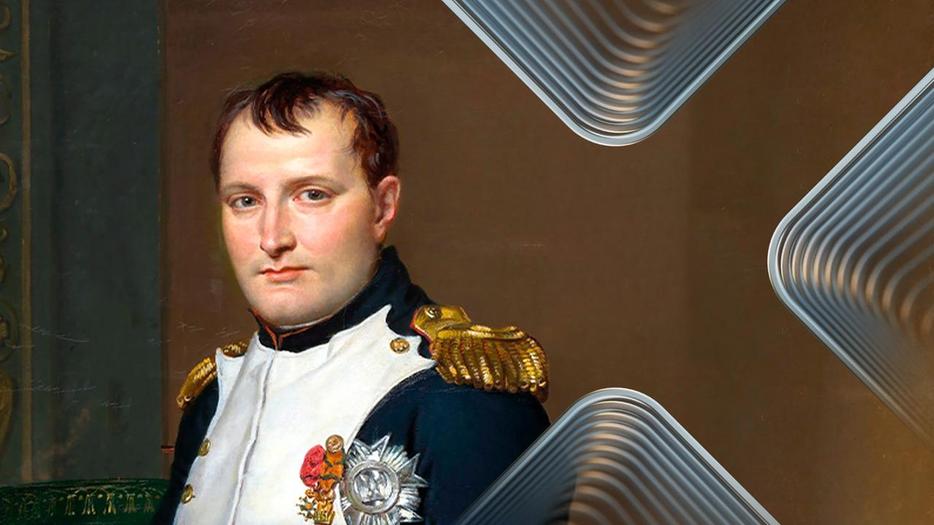
Let’s unpack this story piece by piece. Spoiler alert: Napoleon wasn’t just some warmongering tyrant as popular legend sometimes claims. His early campaigns show a different man, a leader initially caught up in conflicts not of his own making.
Early Campaigns: Defensive, Not Aggressive
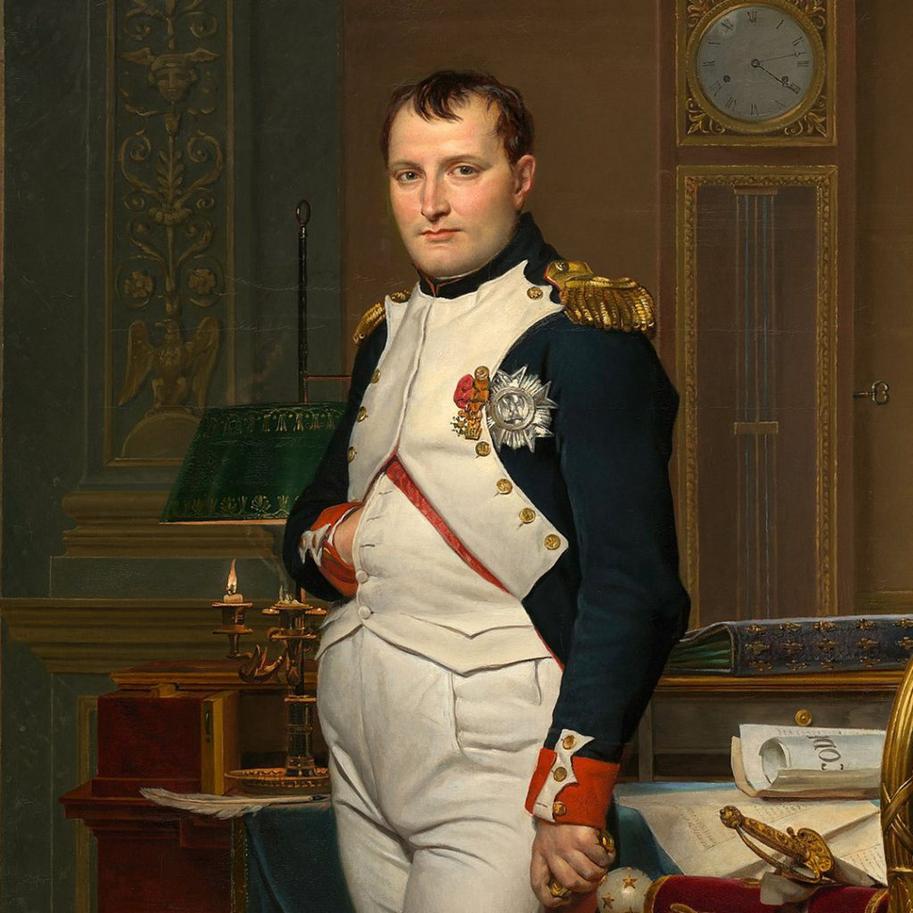
When Napoleon launched his first campaigns after the 1799 Brumaire coup, France was already at war with several European powers. So he stepped into a fiery situation, not one he created. Those initial battles like Marengo and Hohenlinden were about defending French interests and pushing back Austria. From 1800 to 1807, Napoleon’s wars were, by and large, defensive—even if fought on enemy soil. It’s like having to chase a burglar out of your neighbor’s yard because your home was already broken into first.
Between his rise to power and 1807, Napoleon even brokered peace agreements. The famous Peace of Amiens in 1802 granted Europe a brief, but much-needed break from conflict. For a short time, he was the so-called Peacemaker of Europe. Hard to believe, right?
Peace of Amiens: The Calm Before the Storm
The peace only lasted a year, breaking down in 1803. Why? Well, blame can be pinned on both sides, but the facts indicate Britain broke the truce first. They issued an ultimatum to France and then seized French and Dutch merchant ships docked in British harbors without declaring war. That’s like stealing your friend’s bike and then saying, “Oops, guess there’s trouble now.” Britain’s aggressive stance nudged Europe back into conflict.
The Coalitions and British Influence (1805-1814)
Britain was not just a sneaky ship seizer; they financed coalitions aimed directly at France. Facing threats from Russia and Austria, and crippled by the devastating British naval victory at Trafalgar, Napoleon shifted his gaze east. He struck preemptively, a classic move to keep the enemy off balance and protect France.
Napoleon won at Austerlitz in 1805, a brilliant military stroke. But then, Prussia, egged on by Britain, declared war in 1806, only to be soundly beaten at Jena-Auerstadt. This pattern of coalitions funded by Britain repeating attacks against France kept Napoleon busy, constantly fighting to secure his empire.
The Peninsular War (1808-1814) emerged as a major problem when Napoleon decided to invade Spain—controversially declaring war on a former ally—and replace its king with his brother Joseph. This was Napoleon going on the offensive, not just responding. Spain became his version of Vietnam, a quagmire that drained resources and will.
The Russian Campaign and Its Fallout
The 1812 war with Russia marks another shift. Relations soured over years, but this time Napoleon declared war himself. Britain immediately backed Russia, turning it into yet another coalition fight. The campaign ended disastrously for Napoleon, with the Grande Armée decimated during the brutal retreat—a death knell for his dominance.
Why So Many Countries Declared War on Napoleon?
Napoleon didn’t just have enemies because he conquered lands. Multiple complex reasons led many countries to a unified hatred of the Emperor:
- Revenge for humiliations and occupations after previous defeats
- Nationalism flared up in occupied territories like Germany and Spain, fueling resistance
- Countries wanted to regain lost lands, especially Austria
- Economic hardship caused by Napoleon’s Continental Blockade against Britain hurt many economies
- Britain’s lobbying efforts paid for wars against France, turning Europe into a battleground
- The old monarchies feared Napoleon’s self-coronation as Emperor; they wanted no upstart rulers threatening their crowns
- Britain feared France’s hold over the Low Countries, especially Antwerp, as a constant threat to the British Isles
In short, it’s not just Napoleon’s ambition but a cocktail of fear, greed, nationalism, and economic interests that explains why Europe was almost perpetually at war with him.
The Return in 1815 and the End of an Era
After his first exile, Napoleon returned in 1815 during the Hundred Days, breaking international law. Although he declared he wanted peace, the European powers had other ideas. They saw him as too dangerous to be left ruling and united to depose him for good. This final conflict, culminating at Waterloo, ended his wars—and his reign.
So, Was Napoleon a Warmonger or a Defender?
We can safely say: Napoleon started some wars but was forced into many others. His early campaigns were defensive, and many conflicts erupted due to external pressures, especially British influence.
Yet, he also made aggressive decisions that accelerated war, like invading Spain and Russia. His military genius let him win many battles, but those actions sowed the seeds of his downfall, as persistent resistance, scaling coalitions, and economic warfare wore down France.
Lessons from Napoleon’s Wars
Analyzing Napoleon’s wars offers valuable insights:
- Power invites resistance. When you reshape Europe, expect many enemies.
- Economic warfare cuts deep. The Continental Blockade disrupted economies, rallying opposition.
- Underestimating guerilla conflicts is risky. Spain was a costly mistake showing the dangers of underestimating popular resistance.
- Diplomacy matters. Refusing compromise late in his reign cost Napoleon an opportunity to avert disaster.
Napoleon’s fate is a reminder: even the most brilliant leaders can stumble when facing complex alliances and widespread opposition.
Final Thoughts
Why did Napoleon get into so many wars? It’s not a simple story of aggression. It’s a blend of defensive reactions, opportunistic offensives, complex European politics, and relentless opposition largely organized and funded by Britain. His ambition and brilliance fueled many of these conflicts, but so did the fear and economic interests of Europe’s old monarchies.
In the end, the story of Napoleon’s wars is a human one: a mix of strategic genius, overreach, resistance, and the relentless tides of history.
Why did Napoleon start wars even though his early campaigns were defensive?
Napoleon came to power when France was already at war. His first actions were defensive to protect France. But over time, circumstances shifted, and he began taking offensive measures to secure French interests and respond to growing threats.
How did Britain influence the wars against Napoleon?
Britain played a key role, funding coalitions against France. It broke the Peace of Amiens by seizing French ships. Britain’s support encouraged countries like Austria, Russia, and Prussia to declare war on Napoleon.
What triggered Napoleon’s long conflict in Spain?
Napoleon declared war on Spain to place his brother on the throne. This caused strong resistance and a costly conflict, tying down tens of thousands of French troops. It greatly weakened his hold over Europe.
Why did multiple countries keep declaring war on Napoleon?
Several reasons caused this: revenge for past defeats, rising nationalism, economic damage from French policies, and Britain’s lobbying. Also, old monarchies opposed Napoleon’s rise and France’s expansion in Europe.
Did Napoleon seek peace during his reign?
Yes, Napoleon made peace several times, like during the Peace of Amiens. But war often resumed due to broken agreements, hostile coalitions, and strategic decisions, including Napoleon’s refusal to settle diplomatically in later years.
